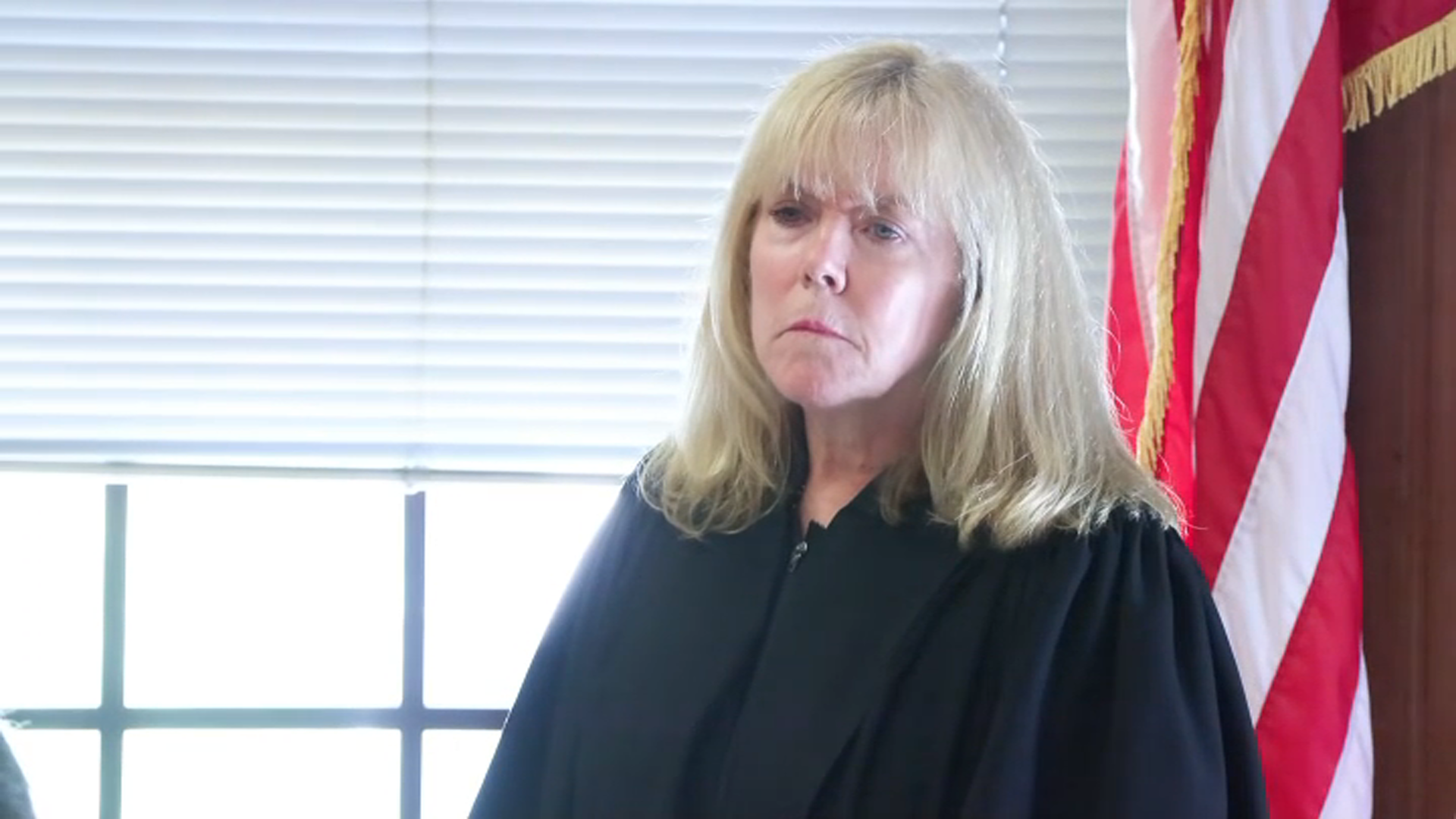The Karen Read murder trial is one of the most-watched cases in years in Massachusetts. People across the country -- and the globe -- are tuning in to find out if she'll be found guilty of killing John O'Keefe.
But what is is about this case in particular that is generating such interest? We asked Brandi Churchwell, host of the "13th Juror Podcast," for her thoughts during Friday's episode of NBC10 Boston's "Canton Confidential," and she explained that there are multiple reasons.
WATCH ANYTIME FOR FREE
Stream NBC10 Boston news for free, 24/7, wherever you are. |
Read is charged with second-degree murder in the January 2022 death of O'Keefe, her Boston police officer boyfriend. She’s accused of dropping him off at another officer's house party in Canton, Massachusetts, after a night of drinking, and then hitting him with her SUV and leaving him to die in a snowstorm. Her defense team argues she was framed, and that the evidence shows O’Keefe was beaten up by someone else inside the house, bitten by a dog and left outside.
"I think the first thing that grabs your attention is it's a female defendant," Churchwell said. "Female murder defendants are maybe 10-15% of what we see, so an attractive female definitely is the first thing."
Get updates on what's happening in Boston to your inbox. Sign up for our News Headlines newsletter.
She said the fact that the victim, O'Keefe, was "an attractive Boston cop with a heart of gold" also plays into it, expecially given that he took in his niece and nephew after the death of his brother and sister-in-law.
"And then I think what makes this one so different is that there's also this alternate theory, and we normally don't have that. We have the theory that maybe somebody else did it or maybe it was an accident, but a whole different scenario of who's responsible is something that we normally dn't have, so many people have gotten really invested in this."
Adding to the intrigue is the defense argument that the Alberts, owners of the home where O'Keefe was found dead, were involved in some way but used their considerable influence in Canton to steer investigators away from them.
"Especially because it's this family we're told is using their political and law enforcement connections to set up this outsider for whatever people think happened," Churchwell said. "Instead of just, 'Are they guilty, are they not?' it's become 'Which one of these is guilty?' and she's fighting against this system, and then people get emotionally invested in it because it becomes everybody's fight. They're looking at her as she's getting railroaded by the corrupt police system and they want to look at it as this could be me, this could be my family members. People become invested in feeling like they're fighting with her."
The tension is even more apparent online, Churchwell said, where people can hide behind their anonymity.
"People have gotten very emotinally invested, and online it's almost like that protection of being anonymous behind the keyboard and you don't have to take responsibility for how low you go when fighting I think that has caused a level that goes beyond passion at this point," she said. "There is a level of almost toxicity where people are so angry and wanting to tell everyone else why their version of what happened is right and anybody else could not possibly have any idea of what's going on."
Jurors were scheduled to return to court Monday morning to continue their deliberations.



